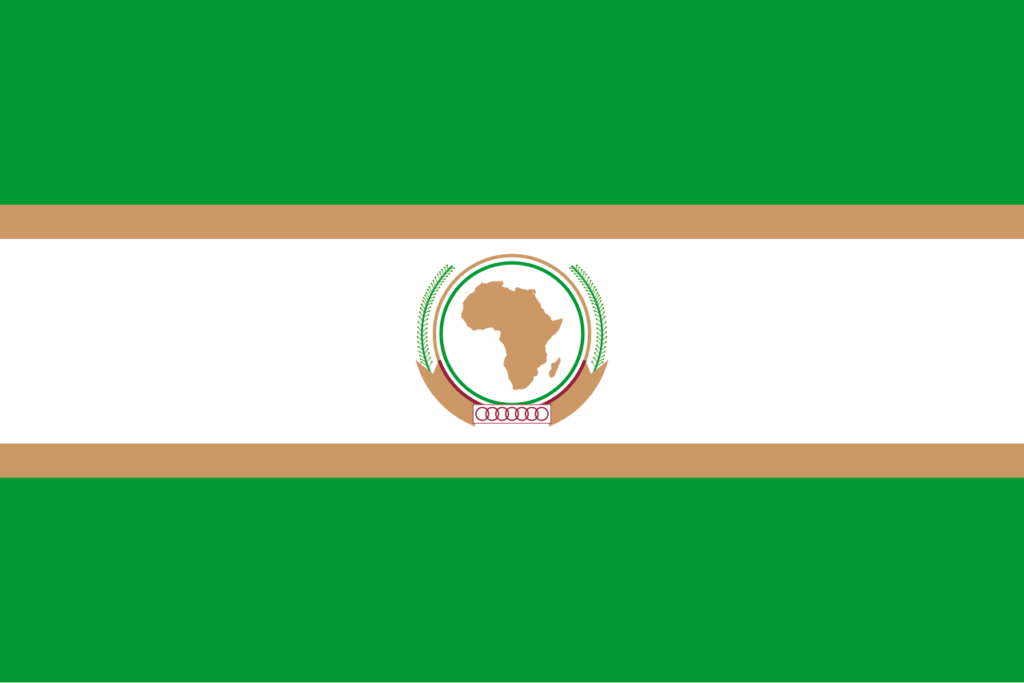When the Organisation of African Unity (OAU) was formed in 1963, its dream was to bring Africans together, defend sovereignty, and support liberation movements. That sounded noble. But decades later, and even after it was rebranded as the African Union (AU) in 2002, the same truth remains: this body is little more than a ceremonial club. It issues statements, holds summits in five-star hotels, and produces glossy communiqués. But when it comes to wars, coups, jihadist attacks, or dictatorship, it is either silent, late, or powerless.
Take the Great Lakes region as an example. The Democratic Republic of the Congo and Rwanda have been at odds for years, with accusations of Rwanda backing armed groups inside eastern Congo. This conflict has displaced millions, led to endless suffering, and created one of the largest humanitarian crises in the world. Where has the AU been? At best, it sends “special envoys” who achieve nothing. At worst, it leaves the problem to the United Nations or regional blocs like SADC, which are themselves divided.
Coups are another telling failure. Mali, Burkina Faso, Niger, Guinea, Gabon, Chad and Sudan have all seen military juntas take over in the last few years. Each time, the AU rushes to suspend the country from membership, a move that changes nothing on the ground. Soldiers remain in power, civilians continue to suffer, and new alliances form with Russia or other powers. Suspension is not a solution; it is a lazy form of paperwork.
The rise of jihadist groups across the Sahel also exposes the AU’s weakness. Al-Qaeda and ISIS-linked militants have turned Mali, Burkina Faso and Niger into killing fields. Villages are wiped out, children are recruited, and governments lose control of entire provinces. Yet the AU, instead of coordinating a united African military response, leaves the heavy lifting to France, the United States, or now Russia’s Wagner mercenaries. If Africa cannot defend itself from a shared threat like jihadism, then what is the point of having a continental body that calls itself a union?
Then there is the issue of governance. Too many African states are led by ageing rulers who cling to power for decades. Some win sham elections, silence the media, or jail opponents. Others change constitutions to stay in office forever. These leaders are the same ones who chair AU summits and lecture about democracy. How can an organisation that is run by undemocratic governments ever hold anyone accountable? It cannot. It protects dictators instead of challenging them.
Supporters of the AU will argue that it is better than nothing, that at least it provides dialogue. But dialogue without action is useless. When African citizens are dying in wars, running from jihadists, or groaning under dictatorship, what they need is real protection, not speeches from Addis Ababa.
The AU has become a theatre where leaders pretend to care about Africa’s problems while doing nothing to solve them. It survives on donor funds, foreign aid, and symbolic gestures. It has no real army, no power to enforce its resolutions, and no moral authority because its members are the very rulers causing Africa’s crises.
The time has come to admit the truth. The OAU failed and the AU is failing. It has no teeth, no backbone, and no credibility. Africans should not pin their hopes on this empty shell. Instead, they must demand new forms of solidarity from the ground up, led by citizens, civil society, and honest voices. Until then, the AU will remain a talking shop of failed men clinging to power, a symbol of what Africa could have been but never was.
By Tom Onyango


